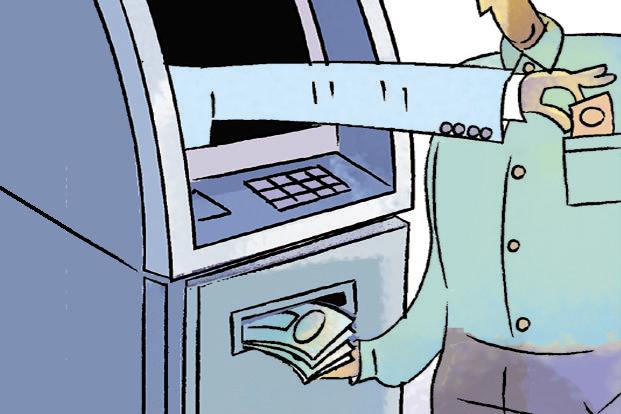
Many payment networks such as ACH or PayPal provide free transfers between user accounts which create a huge incentive comparing to cryptocurrencies, which charge users unproportional fees regardless the speed and amount of transaction. This feature is perfectly suitable for transactions with low speed requirements, such as funds transfers between family accounts or remittance of employees’ salaries. In order to be able to compete with traditional payment networks, Graft provides limited free transfers between user wallets. Bitcoin and most other cryptocurrency networks usually cannot “afford” free transactions for three major reasons:
Lack of incentive for minersThreat of DOS attacksUncontrolled growth of blockchain
Graft resolves the first problem by logical separation between payment and transfer, so supernodes (miners) receive transaction fees for instant payments which constitute the majority of all transactions, while free transfers are processed “on the background” with lower priority.
The second problem with DOS threat is resolved by voluntary user identification and authentication. Of course, there are no free lunches, so the users should “pay” by providing their identity to the network to ensure the reasonable use (by limiting the number and frequency of free transfers per user) and prevent the network abuse. However, using zero knowledge proof authentication technology will allow users to prove their identity without compromising their privacy.
The last problem with uncontrolled block size growth is resolved by a complex of measures: small block interval, unlimited block size, and standard restricted transaction size for particular transaction types such as free transfer. In addition, one of the sides of the free transfer must prove that they contributed to the network by conducting “commercial” payment transaction types in the past.











